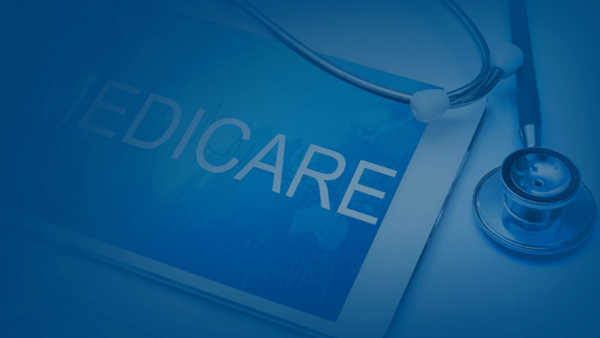Descriptions of the Different
Medicare Advantage Plans

| Health Maintenance Organization (HMO) Plan | Preferred Provider Organization (PPO) Plan | Private Fee-for-Service (PFFS) Plan |
|
|---|---|---|---|
| Can I get my health care from any doctor or hospital? | No. You generally must get your care and services from doctors and hospitals in the plan’s network (except emergency care, out-of-area covered services, usually for a urgent care, or out-of-area dialysis). In some plans, you may be able to go out-of-network for certain services usually for a higher cost. | Yes. PPOs have network doctors and hospitals, but you can also use out-of-network providers for covered services, usually for a higher cost | In some cases, yes. You can go to any Medicare-approved doctor or hospital that accepts the plan’s payment terms and agrees to treat you. Not all providers will. If you join a PFFS Plan that has a network, you will usually pay more to see out-of-network providers. |
| Are prescription drugs covered? | In most cases, yes. Ask the plan. If you want drug coverage, you must join an HMO Plan that offers prescription drug coverage. | In most cases, yes. Ask the plan. If you want drug coverage, you must join an PPOPlan that offers prescription drug coverage. | Sometimes. If your PFFS Plan doesn’t offer drug coverage, you can join a Medicare Prescription Drug Plan to get coverage. |
| Do I need to choose a primary care doctor? | In most cases, yes. | No. | No. |
| Do I have to get a referral to see a specialist? | In most cases, yes. Yearly screening mammograms and in-network Pap tests and pelvic exams (at least every other year) don’t require a referral. | No. | No. |
| What else do I need to know about this type of plan? |
|
|
|
| Special Needs Plan (SNP) | |
|---|---|
| Can I get my health care from any doctor or hospital? | You generally must get your care and services from doctors or hospitals in the plan’s network (except emergency care, out-of-area urgent care, or out-of-area dialysis). Plans typically have specialists for the diseases or conditions that affect their members. |
| Are prescription drugs covered? | Yes. All SNPs must provide Medicare prescription drug coverage (Part D). |
| Do I need to choose a primary care doctor? | Generally, yes, or you may need to have a care coordinator to help plan your care. |
| Do I have to get a referral to see a specialist? | In most cases, yes. Yearly screening mammograms and an in-network Pap test and pelvic exam (at least every other year) don’t require a referral. |
| What else do I need to know about this type of plan? |
|
